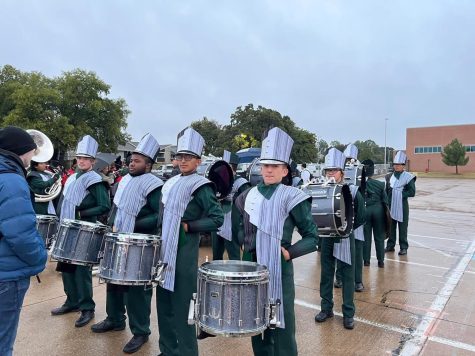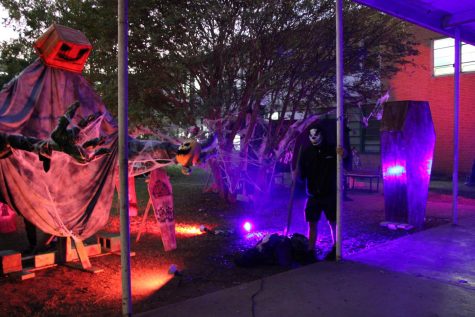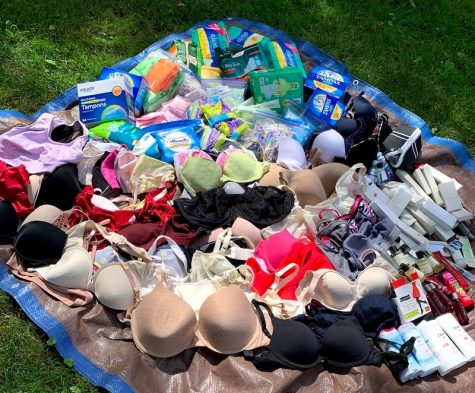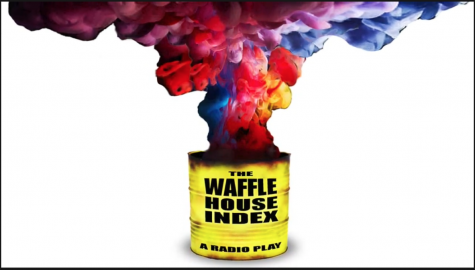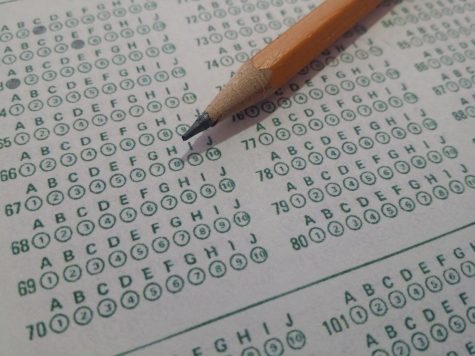The purpose of plus
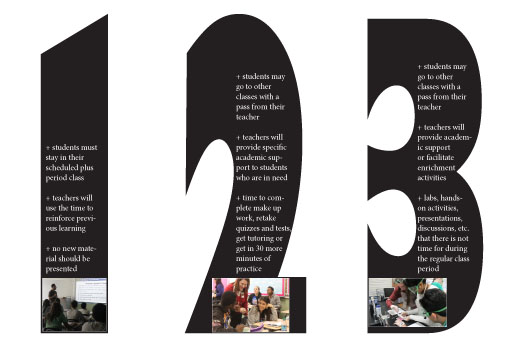
![]() Loading ...
Loading ...
We are four weeks into the school year and so far the students haven’t stopped grumbling about the plus periods; but do they actually know why the seemingly troublesome period was put into place?
“Plus periods give everyone a bit of help,” Shahveer Dhalla, principal, said. “What most students and some teachers don’t know is that there is a bigger plan for the plus periods. This plan is divided into phases. The first phase is what we are in right now; the scheduled plus periods.”
During phase one students must stay in their regularly scheduled plus period class. Teachers cannot present new material but they can use the time to reinforce previous learning through activities. Though the idea is a good one, many teachers and students believe that the first phase is lasting too long.
“I think the first phase needs to be shortened to three weeks instead of six,” Jeanne Drapeau, world geography teacher, said. “But everything right now is a learning curve. I don’t know that any high school in Arlington has ever done this before. It’s fluid, [and] open to change if necessary.”
The second phase has been designed for academic support. With a pass from their teacher, students can go to a class in which they need a little extra help. Students can make up work, retake quizzes and tests, get tutoring for anything they do not understand, or just get in 30 more minutes of practice.
“If you missed a quiz, you might not necessarily be failing but you probably need that extra help,” Dhalla said. “If you are in advanced honors classes you need the level of instruction raised [and] you need that rigor increased.”
Phase three is when the fun kicks in. Students can still go to classes for that extra academic support or they can go to a class for an enrichment opportunity. During this phase, teachers will set up labs, offer hands-on activities, or facilitate discussions that they might not have time for during the regular class period.
“I’m looking forward to the third phase because I want to use the time to discuss and analyze current events with my students,” Emily Miller, journalism teacher, said. “During class we learn the fundamentals of journalism but we don’t have time to really get into current events and what’s going on outside the school walls and how it can affect the students.”
This part of the plus period plan does make more work for the teachers but most of them have accepted the challenge with a smile on their face.
“Dhalla says you have to go slow to go fast, so we are trying to take it just one step at a time,” Drapeau said. “Does it add extra work? Yes. Do I think that the benefits outweigh the costs for the students? Yes.”
When Dhalla designed the plus period he envisioned students having fun while learning, he did not envision the confusion and complaints he’s been met with so far. The ultimate goal of the plus period is to give students and teachers time to work together to not just pass but to excel.
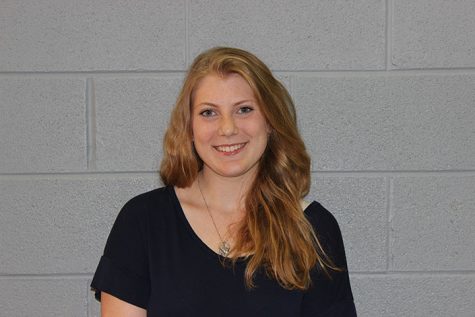
This is my second year on newspaper and in addition to reporting I'm also the photo editor. How I juggle this and band is a mystery. I'm also an avid swing...






